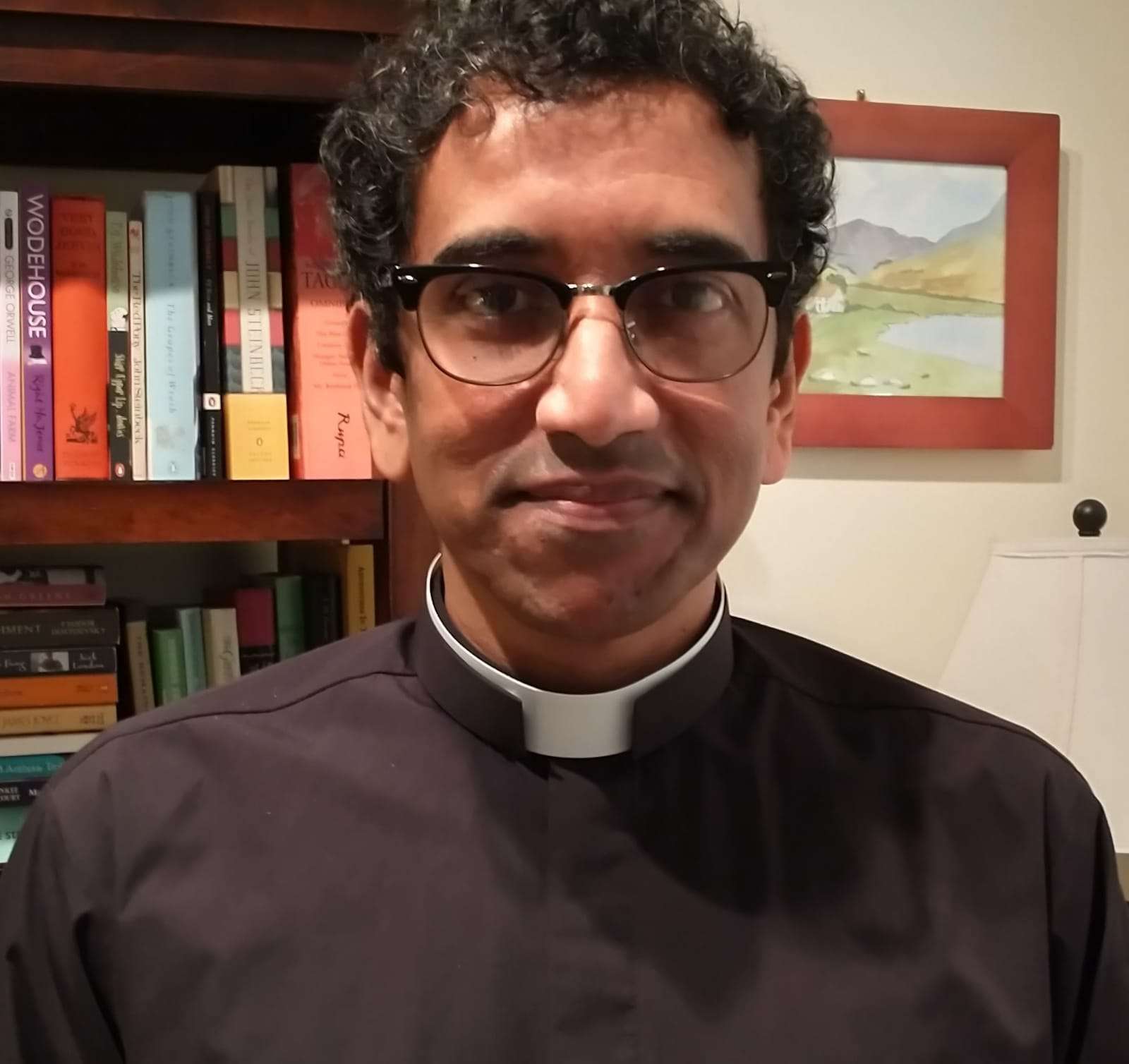Hope is the thing with feathers, That perches in the soul¹
One of the prevailing issues of our time, observed at levels never seen before, is hopelessness and its accompanying anxieties. The Atlantic magazine called it a crisis of our time. This real feeling of not being able to see anything positive about one’s life – individually and collectively, the future, our society and world often is the entry-way to a number of maladies – physical, emotional and psychological. With wars and conflicts, political turmoil and uncertainties, depleting natural resources and lack of opportunities, climate change and global warming for many, there simply aren’t enough reasons or even a single positive thing to look forward to in our world. There is also another reason that contributes to this anxiousness. It is related to legacy – the idea of having or leaving something that would outlast one’s time on earth. The desire to have a legacy has always been a matter of concern for the human race. Often legacy is closely related to remembrance – keeping one’s memory alive and to overcome the fear of being forgotten.
At our church, we recently concluded a study on some themes drawn from the musical Hamilton². This musical made its debut in 2015 at a relatively unknown theater in New York. Telling the story of a young immigrant, Alexander Hamilton, who migrated to the United States and overcame seemingly impossible and tragic circumstances in childhood and adolescence to become one of the greatest statesmen of the country, a founding father, and the first secretary of the treasury, Hamilton soon captured the imagination and attention of the American populace from all walks of life. Brilliantly blending hip-hop, jazz, rock, rap and Broadway styles of music with story-telling that mines the depths of human fallibility and soars the heights of human achievement and greatness, this musical became a cultural phenomenon cutting across geographical and cultural boundaries.
One of the themes that underlies the entire musical is hope and legacy presented in a moving and poignant fashion by the song “Who Lives, Who Dies, Who Tells Your Story.”³ Hamilton says, one has no control over who lives, who dies, who tells your story and that the course of one’s life determines one’s “story.” But the song asks a salient question: Will there be someone to tell your story? “…when you’re gone, who remembers your name, who keeps your flame, who tells your story?”
While it is true that all of us have our own individual life-stories, in the Christian faith tradition there is the idea of a larger story within which our lives are placed – a grand narrative if you will. It is the story of a God, whose very nature is love, created a world for the very same reason – love. In the course of time, the world and its inhabitants drifted away from their original purpose of being – to be in a loving relationship with their creator. But the creator God is actively and constantly involved in drawing his creation back into a loving relationship. This is the ongoing story.
But the important thing to note is that this is not some story rather it is our story – you and I are part of this ongoing story. And as participants of the story, you and I through our lives are cocreating and co-authoring this story right now. This means every single thing that we do matters, it is of great importance and not to be underestimated. And secondly, one’s place in this ongoing larger story seals one’s legacy. To answer the question that Hamilton raises (“Who tells your story?”), our life-stories, as simple or grand as they may be, placed into this grand narrative of God’s story of creation and redemption, will be told, retold and told again long after we are gone. And when I believe this and start looking at my life-story as a part, perhaps a small but significant part, of an ongoing larger narrative that involves the Creator of the universe, that is when hope – as small and faint as it might be – starts becoming recognizable. In a world filled with more than enough reasons to lose hope, God’s ongoing story of love of which we are a part gives me hope. And I truly wish it does the same for you.
Footnotes:
1 Emily Dickinson, Hope, 1891.
2 Play by Lin-Manuel Miranda
3 Lin-Manuel Miranda, “Who Lives, Who Dies, Who Tells Your Story” from the musical Hamilton


